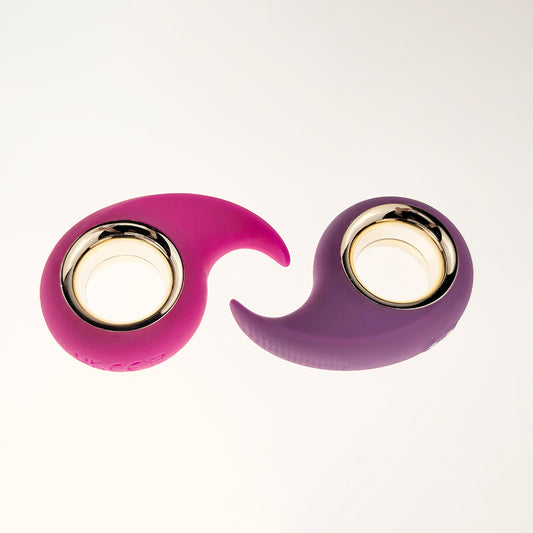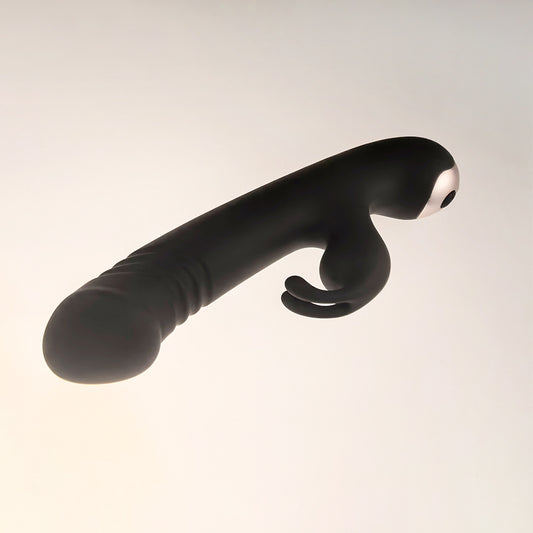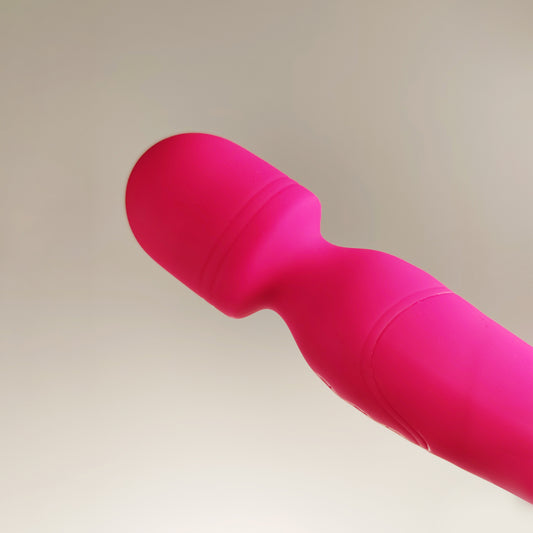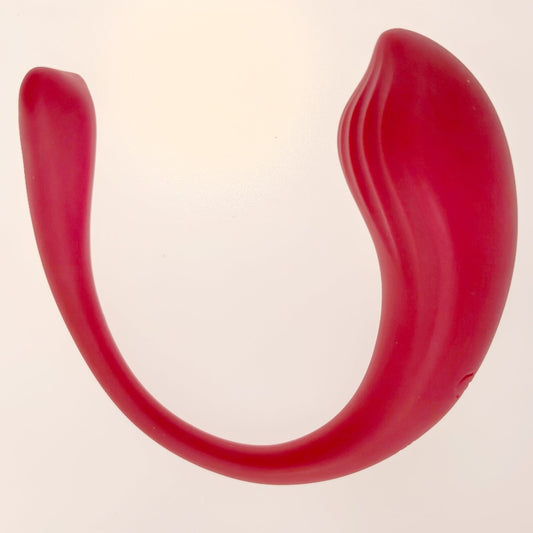
Orgasmic Disappointment: Understanding and Solutions
Share
Introduction
For women exploring their own sexuality, it’s not uncommon to encounter negative feelings like orgasmic disappointment and lack of enjoyment during masturbation. These feelings can lead to a decline in sexual interest, reduced satisfaction, and may even affect one’s overall sexual health and self-esteem. Understanding the physiological and psychological causes behind these feelings can provide insight into how to address them effectively. In this article, we’ll explore both physiological and psychological aspects of orgasmic disappointment and offer solutions, including how delaying orgasm can help improve sexual pleasure.
I. Physiological Causes of Orgasmic Disappointment and Lack of Enjoyment
1. Overstimulation and Physiological Adaptation
Frequent masturbation, especially when using intense or repetitive stimulation methods, can lead to a phenomenon called neural adaptation. In simple terms, this means that your body becomes less responsive to the same stimuli over time, making it harder to reach orgasm or achieve the same level of intensity.
Solution:
- Vary Stimulation: Try changing the methods and tools you use for masturbation. This includes altering the pressure, speed, rhythm, or focus of your stimulation. For example, stimulating different areas of the body, such as the clitoris, G-spot, or nipples, can help restore sensitivity.
- Delaying Orgasm: Implementing delayed orgasm techniques helps break the cycle of overstimulation and allows your body to regain sensitivity by reducing the frequency of climax. This can reinvigorate your sexual pleasure and response.
2. Hormonal Fluctuations
Women’s libido and orgasm intensity fluctuate with their hormonal cycles, such as during menstruation, pregnancy, or menopause. These hormonal changes can cause a drop in sexual desire and may impact the ability to climax.
Solution:
- Understand Your Cycle: By tracking your hormonal cycle, you can adjust your masturbation methods during certain phases. For example, during menstruation or pregnancy, using slower, more gentle methods of stimulation may be more enjoyable and effective.
- Adaptive Changes: During times of hormonal fluctuation, adapt your approach by being more patient with your body. Adjusting the pace of stimulation and incorporating delayed orgasm techniques can make the experience more pleasurable.
3. Physical Fatigue and Overstimulation
Frequent, intense stimulation can lead to physical fatigue in the genital area, which makes it more difficult to experience pleasure or reach orgasm. When the body becomes too tired or overstimulated, sexual response may diminish.
Solution:
- Rest and Recovery: Incorporate breaks between masturbation sessions to allow your body to recover. This is where delaying orgasm comes in. By practicing slowing down the rhythm and taking pauses, you can prevent overstimulation and fatigue, leading to more enjoyable experiences.
- Diversify Stimulation: Varying the type of stimulation can prevent physical fatigue from setting in. Explore different types of touching or the use of different sex toys to keep things fresh.
II. Psychological Causes of Orgasmic Disappointment and Lack of Enjoyment
1. Performance Pressure and Expectations
Women may often feel an intense pressure to reach orgasm quickly or strongly, which can lead to performance anxiety. When focusing too much on the goal of orgasm, the experience becomes stressful rather than pleasurable, and the mind may block the ability to fully enjoy the process.
Solution:
- Reduce Pressure: Shift your focus from the goal of orgasm to the experience itself. Mindful masturbation, or focusing on the sensations rather than the end result, can help reduce anxiety and increase pleasure. Focusing on relaxation and enjoying the sensations, rather than on achieving orgasm, can lead to a more fulfilling experience.
- Embrace the Journey: Consider pleasure to be a journey, not just a destination. Pay attention to how each touch feels, how your body responds to different rhythms, and enjoy the slow build-up to orgasm rather than rushing to reach it.
2. Body Image and Self-Esteem Issues
How a woman feels about her own body can significantly affect her sexual pleasure. Negative body image or a lack of self-confidence can create emotional blocks that hinder sexual satisfaction. If a woman feels ashamed or disconnected from her body, it becomes difficult to experience full sexual pleasure.
Solution:
- Build Confidence: The key to overcoming body-related barriers is self-acceptance. Take time to appreciate your body for its uniqueness. Engage in practices like mirror work, where you admire your body in front of a mirror to boost your self-esteem.
- Positive Reinforcement: During masturbation, focus on the areas of your body that you love and enjoy. Explore these parts in a way that helps you connect with yourself and enhances your sexual pleasure.
3. Monotony and Lack of Novelty
If masturbation becomes a routine, and the same techniques or areas are repeatedly stimulated, the experience can feel monotonous. The lack of variety and novelty can lead to a dullness in sexual pleasure, and eventually, the excitement of the experience fades.
Solution:
- Try New Techniques: Spice up your masturbation routine by incorporating new techniques. Try stimulating different areas like the G-spot, nipples, or even experimenting with anal play. Changing positions or trying new sensations can make the experience more exciting.
- Delaying Orgasm: Using delayed orgasm techniques helps increase the intensity of orgasm and the enjoyment of each buildup. By slowing down and increasing the anticipation, you allow yourself to experience a deeper level of pleasure when you finally do climax.
III. Conclusion: A Dual Approach to Orgasmic Disappointment
Orgasmic disappointment and lack of enjoyment during masturbation are complex issues with both physiological and psychological causes. By understanding how overstimulation, hormonal fluctuations, physical fatigue, performance pressure, body image issues, and monotony all play a role in sexual dissatisfaction, women can take proactive steps to address these concerns.
Techniques like delaying orgasm, varying stimulation, reducing performance pressure, and building body confidence can help restore pleasure and excitement. By focusing on the process rather than the goal, and by embracing new approaches to masturbation, women can not only overcome orgasmic disappointment but also rediscover a deeper, more fulfilling connection with their sexuality.








